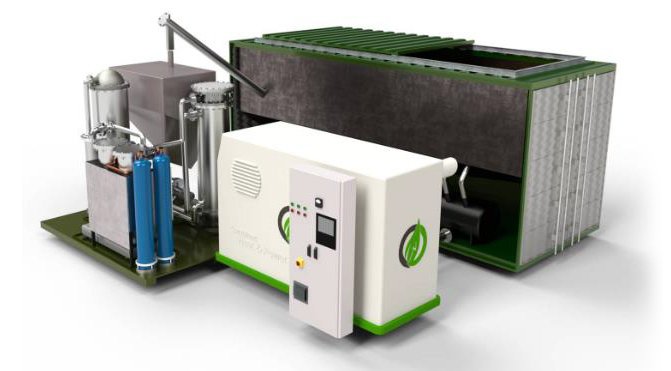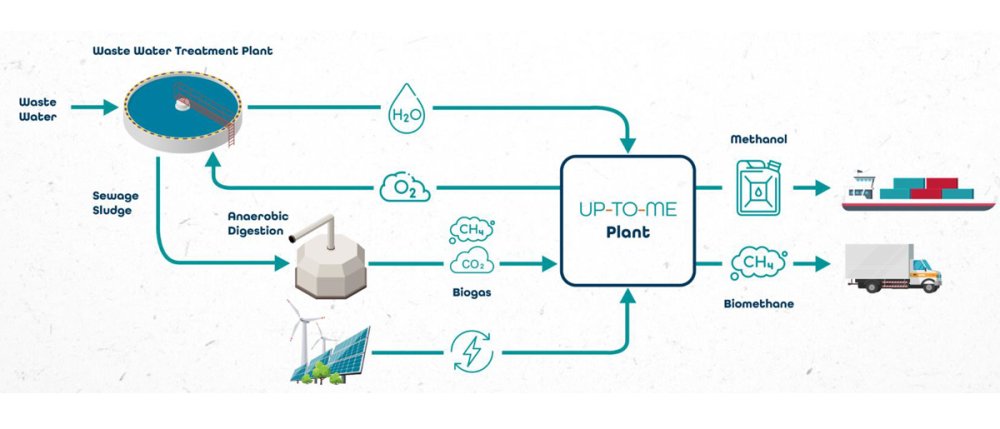ARISTOTLE UNIVERSITY
FACULTY OF ENGINEERING
SCHOOL OF MECHANICAL
ENGINEERING
ARISTOTLE UNIVERSITY
FACULTY OF ENGINEERING
SCHOOL OF MECHANICAL
ENGINEERING
Environmental Impact and Sustainability Research
FIELDS OF STUDY
Use of CFD to estimate pollutants dispersion in complex port and city environments
We apply CFD modelling to examine pollutant dispersion from various sources (e.g. vehicles, vessels, point sources) in different environmental setups. Our aim is to produce detailed pollution maps for innovative applications such as calibration of low-cost sensor networks and pollutant deposition on sea surface, and to analyze factors affecting urban air pollution from road traffic and shipping activities.




Emission Toxicity and Health Impact
Through advanced online and offline toxicity evaluation, including real-time cell exposure studies and comprehensive chemical analysis, we provide insights into the health impacts of emissions.


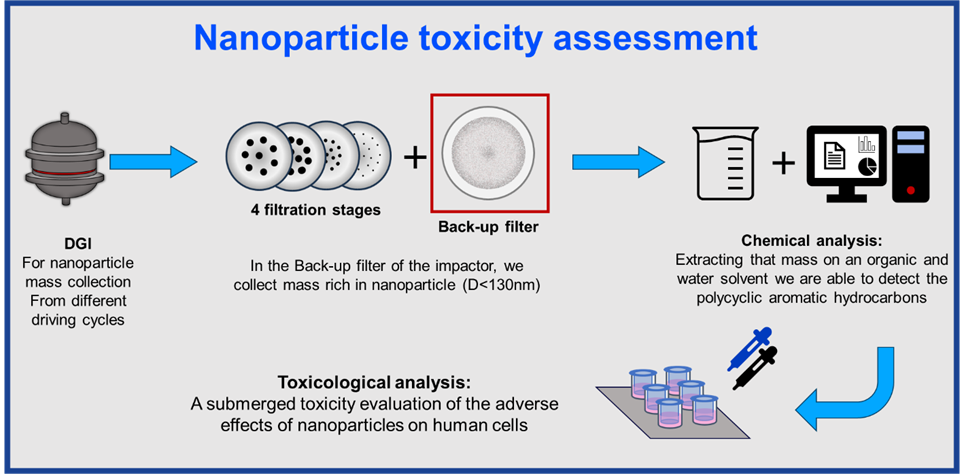
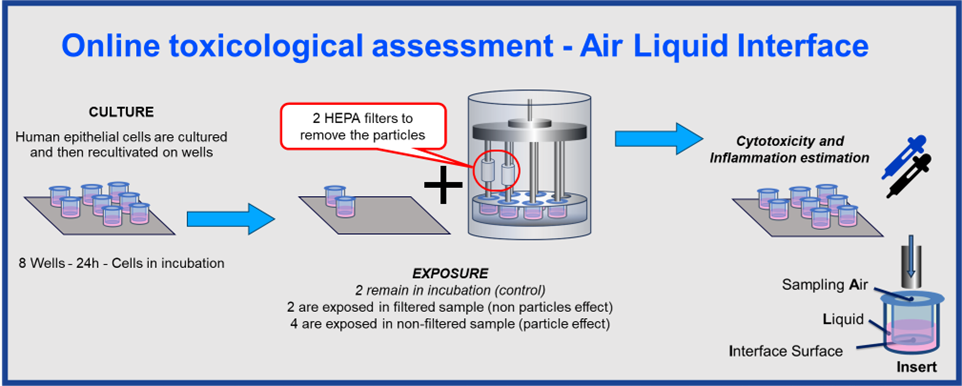
Advanced Optoacoustic Sensor development for Air Quality assessment and Pollutant Monitoring, focusing on Black Carbon
We apply optoacoustic technology and have developed a robust real-time sensor that can be used to measure emission levels from a variety of emission sources, including on-board mobile use. We are focusing on Black Carbon for which no real-time sensor is available today at a global scale.
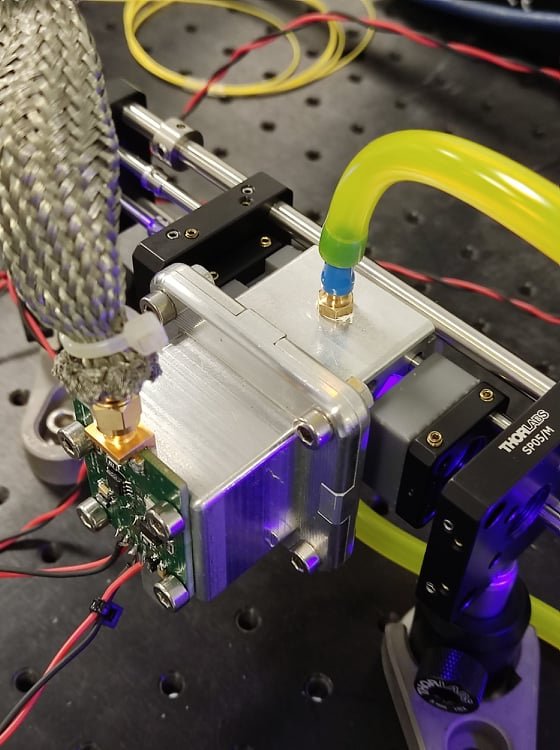
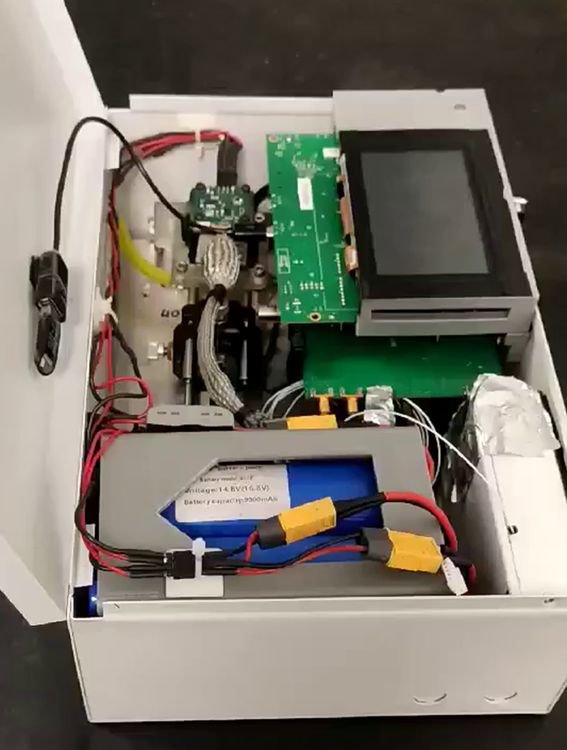

Field and on-board measurement of pollutants and GHGs
We perform on-road and on-board testing of exhaust emissions to understand engine, after-treatment, fuel, and operation condition impacts on GHG, gaseous, and particulate pollutants. We cover a wide range of species, including regulated and unregulated ones using commercial and in-house developed sensors and instrumentation. This information feeds the development of internationally-used emission factors or provides calibration/validation data for our modelling suites.
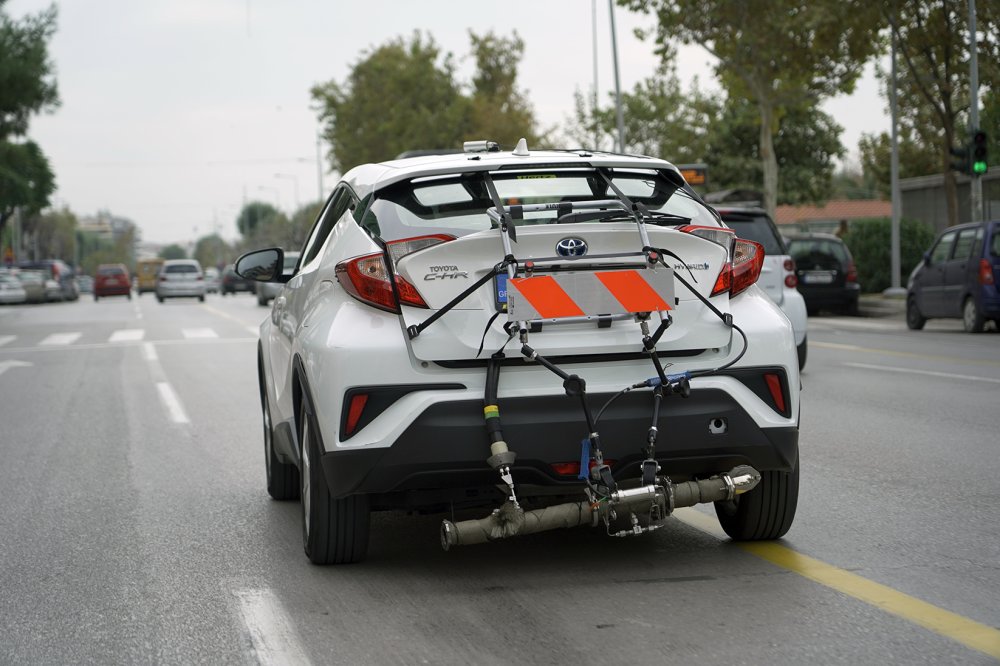

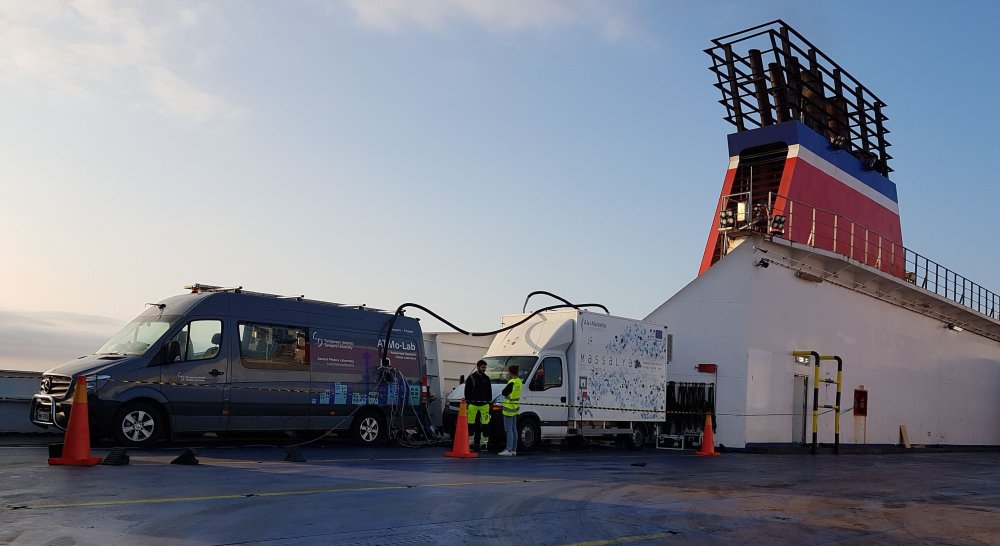
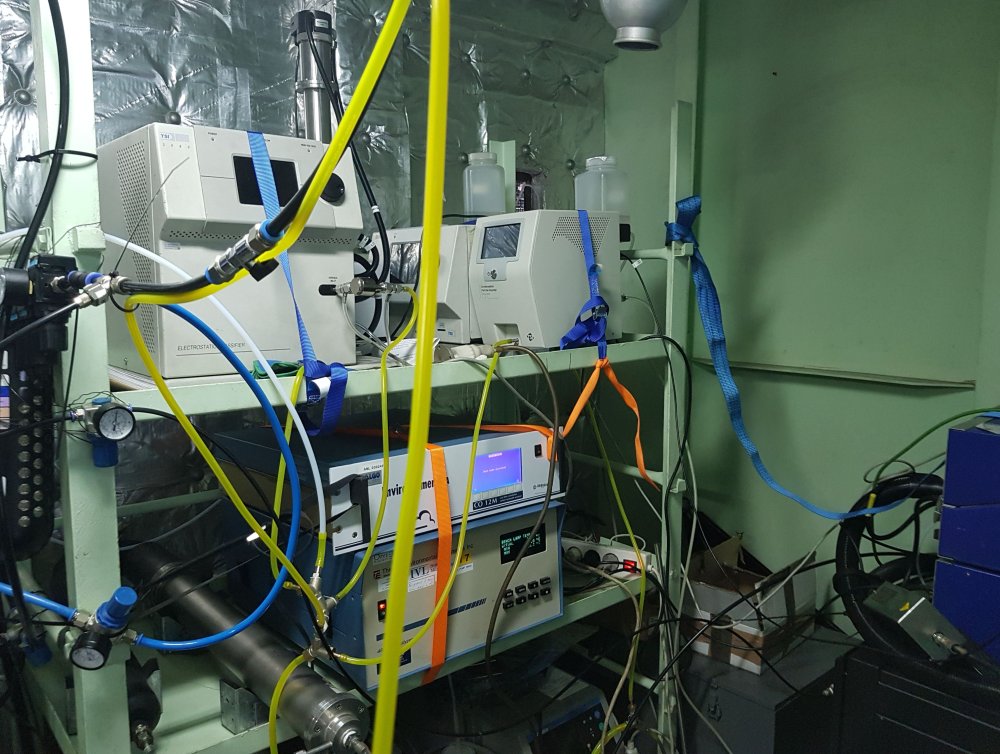
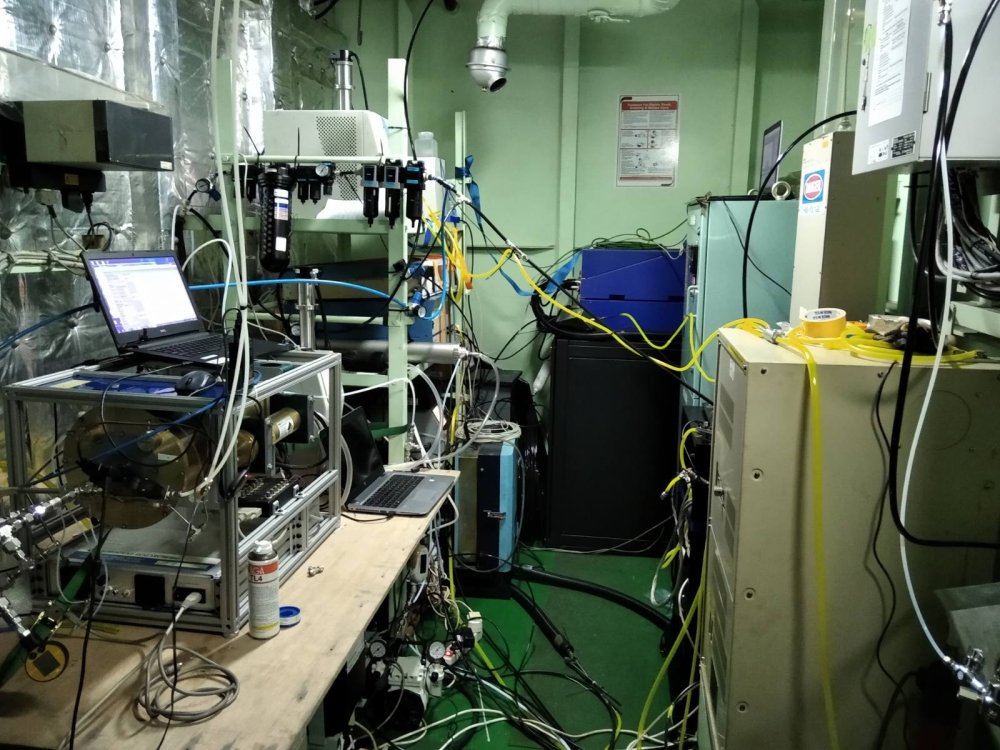


Renewable Energy and Sustainable Biofuels
We are constantly working on improving existing technologies and finding innovative ways to promote fuel sustainability in transport by means of Techno-Economic and Life-Cycle Impact Assessments (TEA & LCA), often fed by primary information produced with the use of more detailed in-house models or primary experimental data produced in our testing environments.
